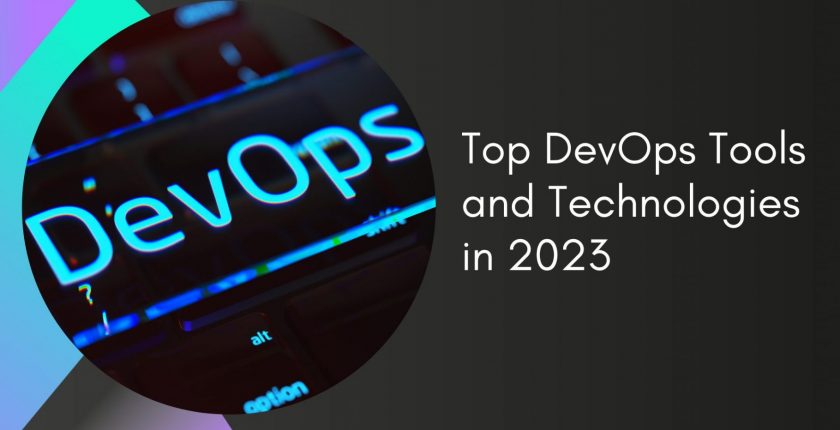Top DevOps Tools and Technologies in 2023
Staying updated on the latest tools and technologies is vital for maintaining a competitive edge. As 2023 unfolds, the tech landscape witnesses a surge in groundbreaking advancements that empower businesses to enhance their development, deployment, and automation processes. In this comprehensive guide, we delve into the top DevOps tools and technologies making waves, providing you with the insights needed to make informed decisions for your organisation’s success.
Kubernetes: Streamlining Container Orchestration
Kubernetes continues to dominate as a leading container orchestration tool, offering seamless scalability and management of containerised applications. In 2023, the tech industry is witnessing an increased adoption of Kubernetes, as companies seek to optimise resource utilisation and ensure fault-tolerant deployments. Stay ahead by harnessing the power of Kubernetes for smoother, more efficient application management.
Terraform: Embracing Infrastructure as Code (IaC)
As Infrastructure as Code (IaC) gains momentum, Terraform emerges as a popular choice for infrastructure provisioning and management. Its declarative syntax and multi-cloud support make it a sought-after tool for UK-based DevOps teams aiming to automate infrastructure provisioning and minimise configuration errors.
Jenkins X: Accelerating Continuous Integration and Delivery (CI/CD)
Jenkins X is revolutionising CI/CD pipelines with its GitOps approach, fostering better collaboration between development and operations teams. In 2023, UK companies are leveraging Jenkins X to automate the end-to-end CI/CD process, resulting in faster and more reliable application delivery.
Prometheus: Empowering Real-time Monitoring
Real-time monitoring has become a critical aspect of DevOps, and Prometheus stands out as a top choice for monitoring containerised environments. With its robust querying capabilities and extensive integration support, Prometheus helps UK businesses ensure application health and swiftly identify and resolve issues.
Istio: Elevating Service Mesh Management
For those embracing microservices architecture, Istio emerges as an indispensable tool for managing service mesh infrastructure. Its observability features and traffic management capabilities enable UK organisations to enhance service communication and maintain a secure, resilient microservices ecosystem.
Grafana: Crafting Informative Dashboards
As data visualisation gains significance in DevOps, Grafana stands out as a leading open-source platform for creating informative dashboards. Its user-friendly interface and flexible data source integration make it a valuable tool for UK teams seeking actionable insights from monitoring and analytics data.
GitLab: Embracing Integrated DevOps Collaboration
GitLab’s all-in-one platform, encompassing version control, CI/CD, and project management, is gaining popularity among UK DevOps teams. Its seamless collaboration features and unified workflow are empowering organisations to streamline development processes and achieve faster time-to-market.
Azure and AWS: Dominating the Cloud Infrastructure Space
Cloud computing giants Microsoft Azure and Amazon Web Services (AWS) continue to reign supreme, providing robust cloud infrastructure and services to empower businesses in their DevOps endeavours. With an extensive global footprint and a wide array of services, both platforms offer organisations the flexibility to host, manage, and scale their applications with ease.
Staying ahead of the latest tools and technologies is pivotal to success. The tech industry witnesses an upsurge in transformative DevOps solutions, promising enhanced efficiency and productivity. By leveraging Kubernetes for container orchestration, Terraform for IaC, Jenkins X for CI/CD, and other cutting-edge tools like Prometheus, Istio, Grafana, and GitLab, organisations can accelerate their DevOps journey and drive innovation in 2023 and beyond. Stay ahead of the curve and propel your business towards success with these top DevOps tools and technologies. Additionally, the dominance of Azure and AWS in the cloud infrastructure space offers unparalleled advantages to DevOps teams, empowering them to achieve greater scalability and security in their cloud-based endeavours.

